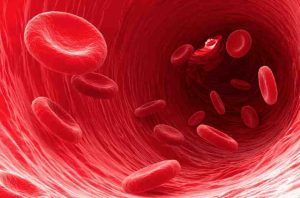
A study conducted by UW Medicine sheds light on the link between consuming processed foods during pregnancy and increased exposure to harmful chemicals known as phthalates. These chemicals pose risks to both the mother and the developing baby.
In the comprehensive study analyzing data from 1,031 pregnant women between 2006 and 2011, UW Medicine researchers found a significant correlation between diets high in ultraprocessed foods and elevated phthalate levels. Ultraprocessed foods, constituting 10% to 60% of the women’s diets, demonstrated an average of about 39%. For every 10% increase in ultraprocessed food intake, there was a 13% rise in the urine levels of common phthalates measured during the second trimester of pregnancy.
Identifying Ultraprocessed Foods and Phthalate Sources
Ultraprocessed foods, characterized by extensive processing and the addition of various chemicals and preservatives, pose a challenge in recognizing their original forms. These include items like packaged cake mixes, french fries, hamburger buns, and soft drinks. The study also highlighted the potential introduction of phthalates into fast foods through gloves worn by restaurant employees and the storage, preparation, and serving equipment. Both frozen foods and fresh ingredients are susceptible to contamination from these sources.
Dietary Recommendations for Pregnant Women
The findings underscore the importance of dietary choices during pregnancy. Pregnant women are advised to minimize their consumption of ultraprocessed foods and prioritize a diet rich in fruits, vegetables, and lean meats. Researchers emphasize the need for awareness regarding food ingredients, even in seemingly healthy options like breakfast bars, which may contain hidden fats and sugars.
Challenges and Solutions: Economic Barriers and Policy Reforms
Acknowledging the challenges some women face, including financial hardships and limited access to healthier food options, the study advocates for policy reforms. Legislation targeting the composition of food wrapping and gloves worn by food handlers could help mitigate phthalate exposure. By holding manufacturers and legislators accountable, the aim is to provide safer alternatives and reduce potential harm to pregnant women and their unborn children.
In conclusion, the study not only establishes a link between ultraprocessed foods and phthalate exposure during pregnancy but also emphasizes the urgency of implementing policy changes to protect the health of expectant mothers and their infants.


